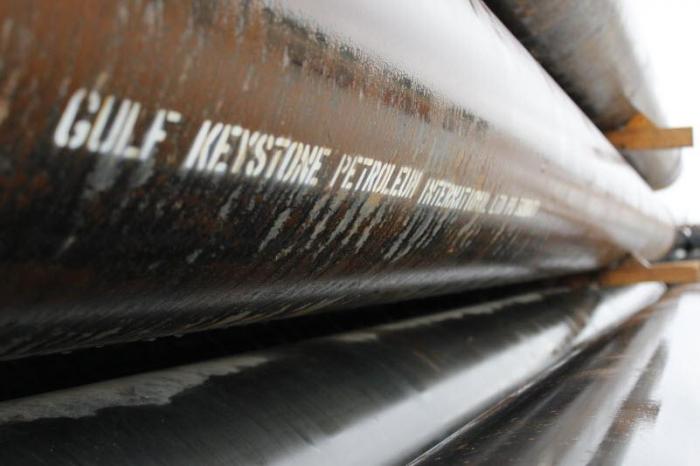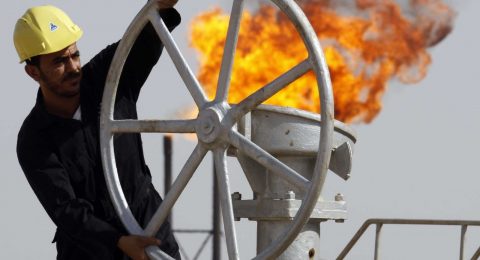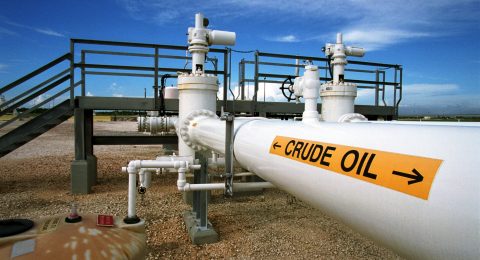Gulf Keystone Petroleum Ltd said it had received further payments on recent contracts, helping prop up its cash position, and continued to progress towards a regular payment cycle for the oil it produces.
Shares in the company rose as much as 8% to 35 pence on Thursday morning on the London Stock Exchange.
Gulf Keystone has not just been hurt by the steep fall in crude oil prices but also faced the brunt of political tensions in the Iraqi Kurdistan region, where its primary operations are.
The company suspended production and trucked exports from its Shaikan oilfield in Iraqi Kurdistan in mid-February over outstanding payments from the Kurdistan Regional Government for its crude oil.
Gulf Keystone is among a handful of oil producers in Iraqi Kurdistan who started selling their oil to domestic buyers after struggling with months of unpaid export bills.
Gulf Keystone held $72.1 million in cash as of July 8, with further payments expected from its domestic contracts and talks with the Kurdistan government.
The company said that it expected to start trucking crude from the oilfield to Fyshkhabour on the Turkish border in the near future where it would be injected into the export pipeline to Ceyhan, the transportation hub for Middle Eastern, Central Asian and Russian oil and natural gas.
The company expects to secure higher prices once its oil makes it into the pipeline as the crude would then be sold as part of internationally traded blend.
Production rates are now expected at 36,000-40,000 b/d of oil for the rest of the year, below the 40,000 b/d the company had forecast.
Gulf Keystone said its daily average production is expected to fall to 30,000 to 34,000 b/d of oil for the year, hurt by a five-week suspension of operations at Shaikan in the first quarter, down from 36,000 expected earlier.
Source: Reuters











